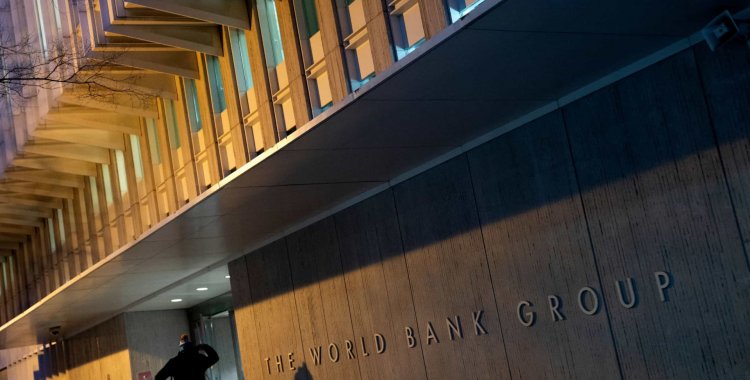In an interview with Lusa, Sérgio Pimenta explained that "Africa is a priority for the International Financial Society (IFC), particularly in Portuguese-speaking countries, where there is still a small client portfolio”.
Sérgio Pimenta was present at the summit of the Community of Portuguese Speaking Countries (CPLP), which took place last week in São Tomé and Príncipe, to speak with partners and promote the organization, which only works with the private sector, unlike the World Bank , which supports public projects.
IFC already had an office in Mozambique, opened an office in Angola four years ago and has had a new connection point in Cape Verde since the beginning of the year.
“In recent years, we have invested and mobilized more than four billion dollars in Portuguese-speaking countries in Africa and to this we have added almost 1 billion dollars in short-term lines”, he explained.
Most of the funded projects are in Mozambique and, to a lesser extent, in Angola, “but this year, for example, we made our first long-term investments in Cape Verde and I am very excited to see that, both in São Tomé and Prince, like in Guinea-Bissau, we now have opportunities that I think will materialize in the coming months”, said Sérgio Pimenta.
“The International Finance Corporation is the institution of the World Bank Group that supports the development of the private sector, we are a legally separate entity, we have our own balance sheet, we raise our own financial resources in the market and invest these financial resources in companies in the sector private sector, in developing countries", summarized the director, highlighting that the organization also provides support and advice to companies or governments on investment or management projects.
“In the fiscal year that ended, we made record financing in Africa, with more than 11 billion dollars", an amount “never achieved before”, he said, highlighting that, in many cases, these projects are in smaller countries where This financing is decisive.
Companies with candidate projects or banks that need to complete credit to third parties can access financing. IFC also leverages partnerships with development institutions.
But Sérgio Pimenta emphasizes that one of the institution's biggest bets is to identify weaknesses and look for financing solutions: “We see a problem, we see a development issue that is not resolved and we say 'OK', how do we find a solution?” .
An example of this was what was done during the pandemic, when IFC supported the production of vaccines in African companies, within the framework of the priorities of international organizations for the continent.
"I prefer to invest in Africa than invest in another continent", said Sérgio Pimenta, who also praised the project for a continental free trade zone.
This project "will completely change the business fabric of the continent", admitting that the project will "take a certain amount of time", similar to what happens in other areas of the world.
"What I find interesting is that it is primarily a political project, but then it is also an economic project and it is a project that African companies are actually subscribing to much more strongly than previously thought", he considered.
For the free trade zone to come to fruition, it is necessary to resolve internal procedures, transport and logistics.
"This all has to be simplified", he said, considering that African companies are increasingly investing in an "intra-African dimension".
Regarding countries like Angola or Equatorial Guinea, whose economies are very dependent on oil exploration, Sérgio Pimenta considered that "the diversification of the economy is what brings resilience" to countries, in the face of crises.
"It's important to have this resilience. It's important to have this diversification now", which must be articulated on a regional scale on the continent.
"One of the themes that we are very encouraging is what we call regional value chains", seeking to transform raw materials collected not necessarily in the country of origin but at a regional level.
The objective is to maintain part of the value chain associated with the exploitation of 'commodities' in each region.







